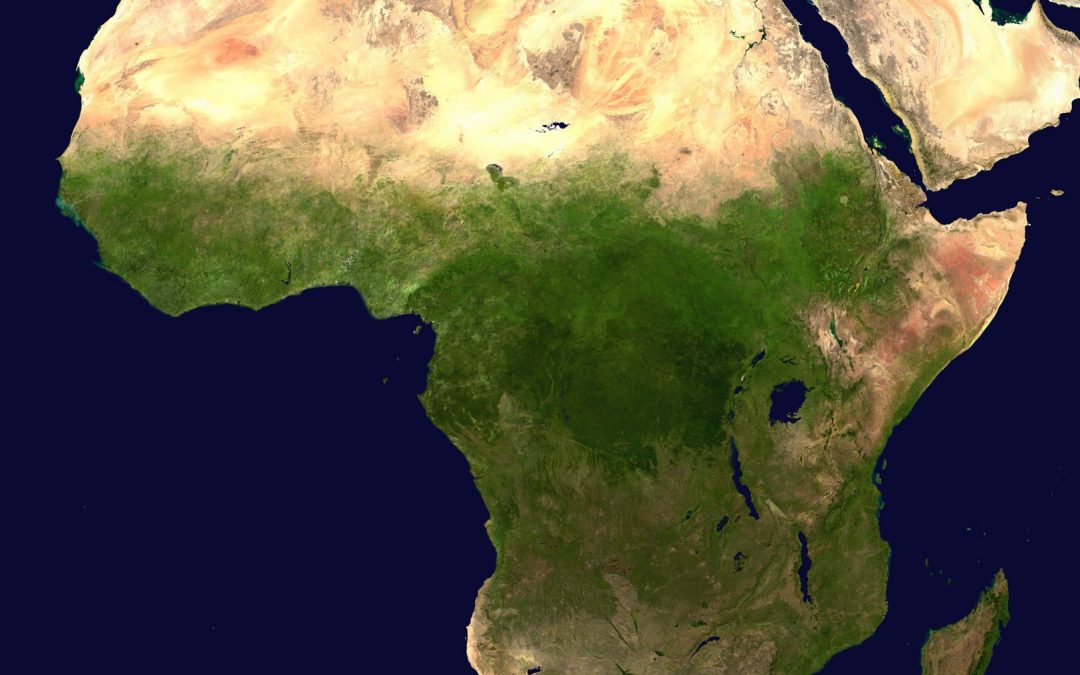It would seem as though the projected success of the sub-Saharan African economy has taken a turn for the worst.
With growth forecasts being adapted and weak global growth negatively impacting the demand for non-traditional African goods, the macroeconomic climate seems to be losing the “warm glow” that was promised during the Africa Rising conference approximately two years ago.
This economic downturn can also be attributed to donors’ decreasing willingness to provide support and steady cash flow, which, in part, is in response to a drop in oil prices, declines in other commodity prices, and geopolitical and domestic strife in a few countries. Due to these key factors, the deficit in Africa is slowly becoming harder and harder to fund.
However, some economists believe this downturn should not come as a surprise. Christopher Adam, a professor of development economics at the University of Oxford, and Governor Benno Ndulu concluded that the strength and breadth of Africa’s economy, no matter how short-lived, was due to the economic reforms that were implemented in the 1990s. All of these reforms were likely to weaken over time, especially in the midst of modernization and liberalization of even “hitherto fragile states such as Angola and the Democratic Republic of Congo.”
Fortunately, Adam and Ndulu agree that many African countries are resilient enough to withstand the economic trials of the upcoming months. However, Adam believes the only way African government officials can prevent the unraveling of over two decades of progress is to pursue conventional adjustment strategies.
These strategies include, but are not limited to: resisting the urge to impose excessive tariffs or restricting foreign exchange; conducting policy to avoid excessive volatility in either interest rates and exchange rates; and preserve gains in poverty reduction, as well as improved service delivery that materialized in health and education.
Until a feasible and comprehensive fiscal adjustment can be provided, it would seem as though the future of sustained economic growth will remain unknown.
